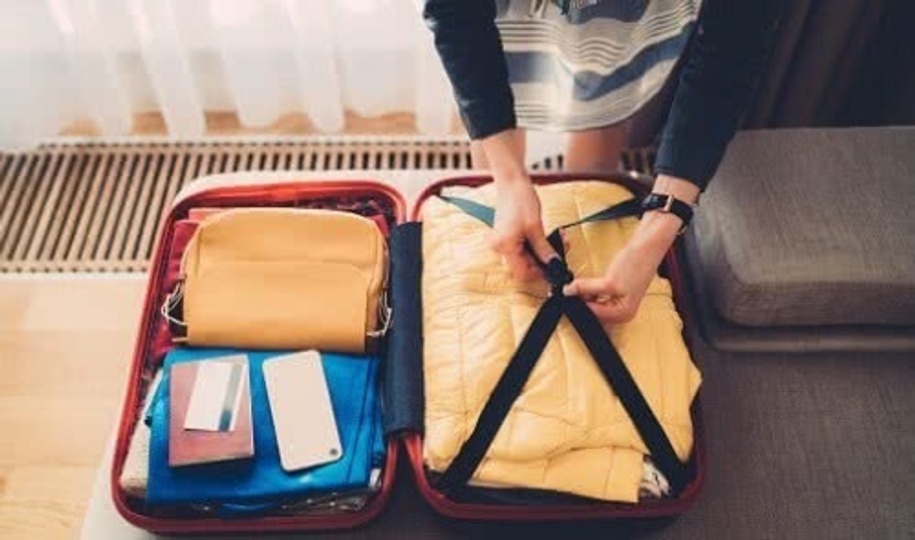
Learn how to help get your sleep cycle back on track after travelling across multiple time zones.
![]()
That incredible European holiday has come and gone so quickly, but what hasn’t returned is your ability to get to sleep when you want to. You have disrupted your circadian rhythm, or commonly referred to as your internal body clock, making it hard to get back into that sleep rhythm you had before you took your trip.
Your circadian rhythm is essentially a 24-hour internal clock that cycles between either sleepiness or alertness at regular intervals helping your body to feel either sleepy or awake. People often refer to themselves as either “night owls” or “morning people”, these terms are associated with their circadian rhythm. “Night owls” tend to feel tired during the morning and feel awake in the evening versus a “morning person” who tends to feel active earlier in the day but feels tired late in the afternoon or early evening. The ‘rhythm’ in the name implies how it’s pretty regular; therefore when you do things like travel or work in shifts, it can take a toll on that natural rhythm. Learn more about your circadian rhythm and how light plays an important role.
Lack of sleep can have wide ranging effects on the body. Many of these symptoms resolve themselves once you do catch up on those ZZZ’s but others may linger longer, in which case it is a good idea to talk to your health professional about strategies and techniques you can try.
Some symptoms you may experience are:
We all know how important it is to eat and drink water; however not enough emphasis is placed on getting enough sleep. Sleep is vital to restoring the body and for your mental performance.
If you are sleep deprived you can struggle with mental performance and may be less likely to make the same decisions as if you were fully rested. Luckily there are lots of tips and tricks out there to help you get a better nights sleep.
To get an idea of how to get back to a good sleep cycle, let’s go back to our earlier scenario of not being able to readjust back to your home time zone.
When you return from that European holiday the day before having to go back to work, you prepare yourself for your nightly routine, but find that no matter how hard you try to sleep, you just can’t. What you are experiencing is jet lag. Jet lag is a common occurrence after flying across multiple time zones.
Jet lag can lead someone to experience: insomnia, fatigue, heightened irritability, and perhaps even some difficulty concentrating. This is normal. Jet lag can make you feel poorly; however, it isn’t serious and tends to resolve itself within 3-4 days.
Recovery time can be dependent on the number of time zones that are crossed. It is thought that the body typically recovers at the rate of 1 – 2 time zones per day. So if you fly from Sydney to Auckland you cross 2 time zones so it can take you 1-2 days to recover from jetlag. But if you fly from Sydney to London you cross 11 time zones so it might take 5 -11 days!
So returning from those long-haul holidays may impact your sleep.
Try to get into a sleep cycle that matches the new time zone you are in, by:
Clinical insight
Modern lighting is helpful in so many ways, but our bodies are not perfectly wired for our artificially bright world. Find out more about why too much light can make you lie awake at night.
Lifestyle insight
There is more to good sleep than just getting 8 hours of shut eye. Here we explore the importance of sleep and some tips to help you properly recharge.